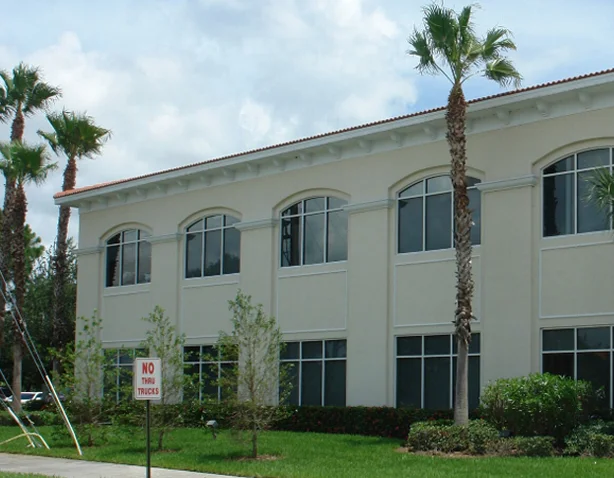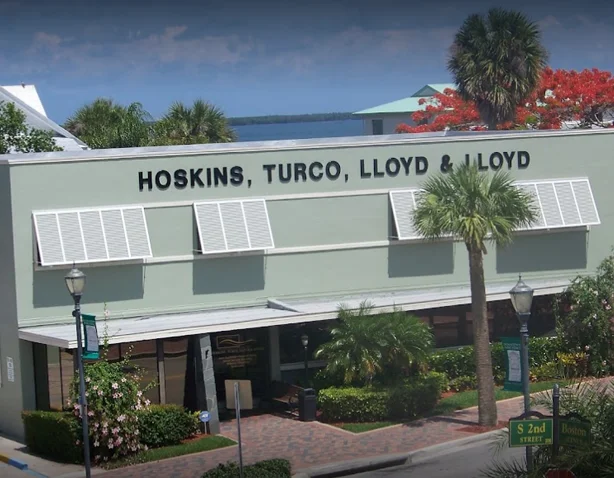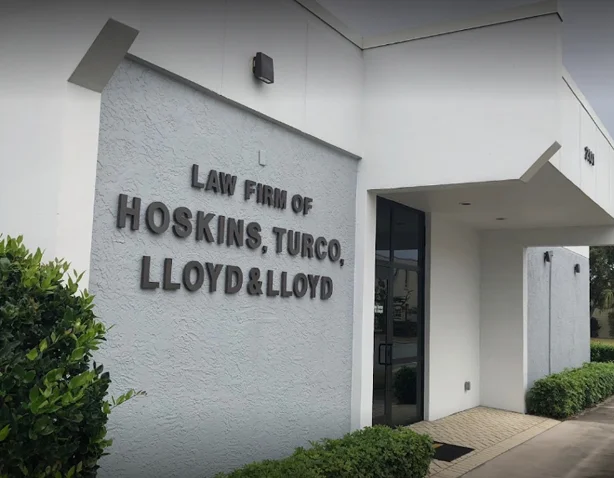If you’ve ever been stuck waiting on the side of the road after a minor crash, you know how frustrating—and
Car Accident Posted on Mar 03, 2015
Ridesharing services such as Uber, Lyft, and Sidecar have been getting a lot of attention in the press lately. Ridesharing services are essentially just taxi services with a technological twist without the regulations ensuring passenger safety. They utilize smartphone apps to connect car owners (usually amateur drivers) with people looking for a ride. The potential passengers drop a pin showing their location, and a driver logged into the app responds, picks up the potential passengers, and ferries them to their destination.
These ride-sharing services started operating in the D.C. area early last year and have quickly gained a strong following of city-dwellers who have sworn off traditional cabs completely. However, there are many questions surrounding the service’s liability.
Ridesharing services hold themselves out as merely a booking service, whose only function is to connect people seeking a ride with people available to give rides. However, they specifically claim that they do not provide transportation services in an attempt to avoid any of the regulatory requirements that come with such a designation. If they are not providing transportation services, then they do not have to worry about driver training or worry about being liable for injuries sustained in a collision with a ridesharing vehicle, and most importantly, they don’t have to purchase insurance coverage for the ridesharing vehicle. A recent case filed in San Francisco seeks to hold Uber liable where an Uber driver struck and killed a pedestrian while waiting to pick up a passenger. Indeed, when the discussion turned to require ridesharing services to purchase insurance coverage for ridesharing vehicles, the companies adamantly stated that such a requirement would put them out of business and that it is the driver’s responsibility, not theirs, to obtain adequate insurance coverage.
Add to this mix the fact that ridesharing services attempt to preemptively limit their liability by requiring users to waive any potential claims against them as part of their terms and conditions. As a result, anyone injured in a collision involving a ridesharing vehicle is probably in for a long and complicated legal battle. A provision was taken from Uber’s terms and conditions, but similar to those provided by other ridesharing services states:
You acknowledge that third-party transportation providers providing transportation services requested through Uber may offer ridesharing or peer-to-peer transportation services and may not be professionally licensed or permitted . . . You expressly waive and release the company from any and all liability, claims, causes of action or damages arising from your use of the application or service, or in any way related to the third parties introduced to you by the application or service.
The biggest concern I have with these services is that they are connecting passengers with amateur drivers, who likely are only carrying personal automobile insurance. This is problematic because most personal automobile policies contain a livery exclusion, which excludes coverage for injuries sustained while the vehicle is being used for hire. This means no insurance coverage for passengers. In the event of any injuries, the driver’s insurer is going to immediately deny coverage leaving the injured party looking to the ridesharing services, which have made clear they are going to resist any attempt at being liable for injuries caused by a ridesharing vehicle.
Ridesharing services have been operating in the D.C. area since early last year, and like most cities where these services have launched, D.C. is playing regulatory catch-up. On January 24, 2014, the D.C. Taxi Commission set forth a series of provisions for coverage and liability of ridesharing companies:
Some cities have begun implementing these recommendations to ensure that ridesharing services are delivered in a safe manner and that there is sufficient insurance coverage to protect people injured by ridesharing vehicles. Even though D.C. currently requires ridesharing services to have excess liability coverage, it is not clear exactly who would be covered, or when the coverage would begin. For example, the issue in the case out of San Francisco is whether the coverage kicks in as soon as the driver logs into the app, or whether it does once the passenger is physically in the car. What is clear is that the ridesharing services have shown that they will aggressively resist being required to purchase insurance and have shown an unwillingness to cover people injured while using the service unless forced do so either through litigation or regulation. Because of how new these services are, and the lack of regulatory guidance where they are currently operating, there are still many unanswered questions regarding liability insurance coverage, and what will happen once the regulatory bodies have a chance to catch up.
If you or a loved one has been injured in any type of accident, call me. I am a Board Certified Civil Trial Lawyer with over 30 years of experience in helping the injured, proudly serving the people of Port St. Lucie, Vero Beach, Fort Pierce, and Okeechobee. Call me for a free case analysis and evaluation.
Toll Free: 1-866-460-1990; After Hours: 1-772-359-0342
If you’ve ever been stuck waiting on the side of the road after a minor crash, you know how frustrating—and
Rollover accidents are rare—but when they happen, the results are almost always devastating. According to the National Highway Traffic Safety
Have you ever stopped to ask yourself what would happen if you got into a serious car accident — and

Phone: (772) 344-7770
Fax: (772) 344-3838

Phone: (772) 464-4600
Fax: (772) 465-4747

Phone: (772) 577-7551
Fax: (772) 794-7773

Phone: (863) 357-5800
Fax: (863) 763-2237
As the law firm Florida has trusted for over 40 years to fight on their behalf, we are more than ready to represent you. Put our experience and reputation to work. If you need help with any legal matter, whether it’s a personal injury, workers’ compensation, disability or bankruptcy case, contact us now. The consultation is absolutely free.
Get the answers you need. We’ll review your case today, for free.
"*" indicates required fields